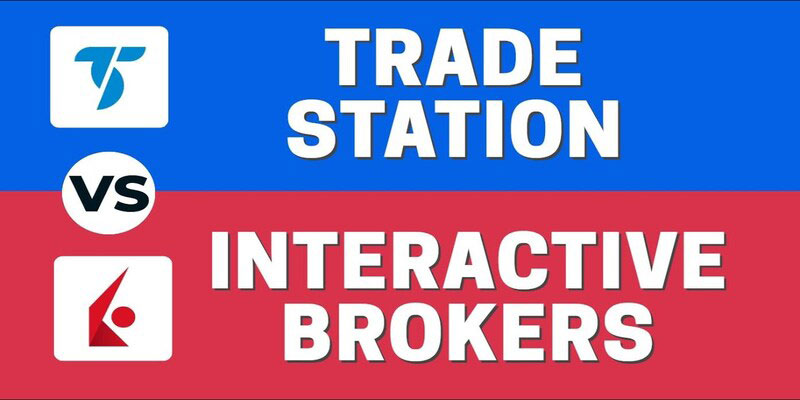In a financial emergency, policyholders can rely on the benefits of loan protection insurance. This insurance can cover monthly loan payments and safeguard the insured against default if an insured is unable to work due to illness or unemployment.
Loan insurance is known by several brand names in the various markets where it is sold. Accident and illness insurance, unemployment insurance, redundancy insurance, and premium protection insurance are all common names for this type of coverage in the United Kingdom. Coverage-wise, they're all identical.
In the United States, this type of insurance is more often known as "payment protection insurance" (PPI). Several varieties of this insurance are available in the United States, along with home loans, credit cards, and auto financing.
How Does Mortgage Insurance Work?

To a certain extent, loan protection insurance may assist policyholders in paying off their monthly bills. Short-term plans protect for a set period, often between 12 and 24 months, but this might vary by insurer and policy.
You can utilize the money from your insurance to settle your credit card debt, auto loan, or personal loan. Those between 18 and 65 who are gainfully employed during insurance acquisition are the typical policyholders.
The buyer is often required to work a minimum of 16 hours per week on a fixed-term contract or to have been self-employed for a minimum amount of time before applying. Insuring a loan against default is available in two flavors.
Regular Procedure:
The age, sex, employment, and smoking status of the insured make no difference. The policyholder is free to select their desired level of protection. Financial institutions commonly offer this insurance. There is a 60-day waiting period before any payments are made. In no case will you be covered for more than 24 months?
Age-Related Legislation:
The policyholder's age establishes this policy's price and the level of coverage selected. Only in Britain can you get such insurance. The most extended period of protection is 12 months. Evidence suggests that younger customers pose less of a risk to insurance companies, which might lead to cheaper quotes.
How Much Will It Cost?

How much you'll pay for payment protection insurance is determined by several factors, including location, the policy's coverage level, deductible, and exclusions, and whether you choose basic or age-based coverage.
Insurance against default on loan can be rather pricey. 4 Your insurance premiums might go much higher if you have a low credit score. Finding a discount insurance organization that provides this service is a good idea if you need this kind of insurance.
Most insurance is sold at the time of a loan application, and the premiums charged by large banks and lenders are often more significant than those set by independent brokers. You can save hundreds of dollars if you wait to acquire the insurance until later.
Consequences of Obtaining Loan Insurance
You can save money and get the coverage you need with a loan protection policy if you shop around and choose one that meets your needs and is still affordable.
Having loan protection insurance coverage ensures that you can keep making your loan payments on time, which in turn helps you retain your credit score where it is. Your credit rating is protected by letting you keep making loan payments even when money is tight.
No guarantee having this insurance would result in a cheaper interest rate on loan. Be wary of loan companies that imply a lower interest rate on your loan if you also purchase a payment protection insurance policy from them.
Precautions To Take
It's worth stressing that having PPI isn't a precondition for getting a loan. Contrary to what some lenders would have you think, you are not obligated to purchase a payment protection plan from the same organization that issued your loan.
It would help to read every provision and exception in an insurance policy before deciding whether or not to purchase it. There is a good chance that full-time workers who have access to employer-provided health and disability benefits won't need this kind of insurance at all. Be sure you meet the requirements for filing claims by reading the policy's fine print.
The Conclusion
Before committing to a loan or PPI, it is essential to carefully examine the policy's terms, conditions, and exclusions. Choose a firm you can have faith in. Getting in touch with a local consumer advocacy organization is one option.
Every consumer protection organization worth its salt should be able to recommend service providers that act morally soundly. Before deciding that purchasing a policy is the best course of action, carefully evaluating your unique financial position is essential.
Only some people need or would benefit from debt protection coverage. Consider why you need it and whether or not you have access to any other emergency funds, such as savings from your employment or other sources of income.




